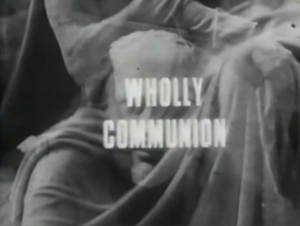 To celebrate 50 years since the First International Poetry Incarnation at the Albert Hall on June 11th 1965 (not to mention the seeds that have grown to flowers in its wake) the Roundhouse will be screening Peter Whitehead’s film Wholly Communion, “the quintessential document of the event that marked the arrival of the counterculture in England” according to the BFI, as part of the International Poetry ReIncarnation this Saturday, May 30th, at 2.30pm.
To celebrate 50 years since the First International Poetry Incarnation at the Albert Hall on June 11th 1965 (not to mention the seeds that have grown to flowers in its wake) the Roundhouse will be screening Peter Whitehead’s film Wholly Communion, “the quintessential document of the event that marked the arrival of the counterculture in England” according to the BFI, as part of the International Poetry ReIncarnation this Saturday, May 30th, at 2.30pm.
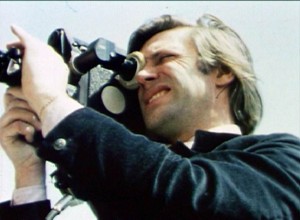 According to Stuart Heaney on the BFI’s website: “Wholly Communion is perhaps the most distinctive British example of a documentary movement that attempted to capture reality while interrogating it: ‘direct cinema’. Whitehead’s camera draws attention to itself and the filmmaker’s presence by filming Gregory Corso’s reading from between two other poets talking during the performance. This technique emphasises the filmmaker’s subjectivity while also identifying the camera (and therefore the viewer) with the perspective of the audience present at the event.”
According to Stuart Heaney on the BFI’s website: “Wholly Communion is perhaps the most distinctive British example of a documentary movement that attempted to capture reality while interrogating it: ‘direct cinema’. Whitehead’s camera draws attention to itself and the filmmaker’s presence by filming Gregory Corso’s reading from between two other poets talking during the performance. This technique emphasises the filmmaker’s subjectivity while also identifying the camera (and therefore the viewer) with the perspective of the audience present at the event.”
The ReIncarnation screening will also be followed by a panel discussion between director Peter Whitehead, and three of the 1965 Albert Hall happening’s co-conspiritors, the poets Michael Horovitz and Pete Brown, and biographer Barry Miles.
The day kick offs at 12.30pm with a panel discussion of Revolutionary Poetics, featuring legendary counterculture poet and lyricist Pete Brown, passionate and proper poet-activist Pete the Temp, and rising star of spoken word Cecilia Knapp. They’ll be discussing whether words can ever really change the world.
To book tickets for the Wholly Communion screening and the panel events, click here.
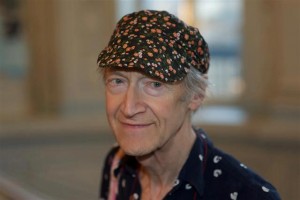
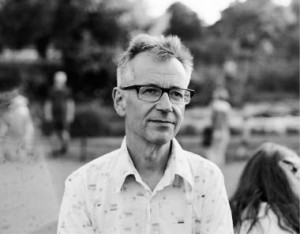
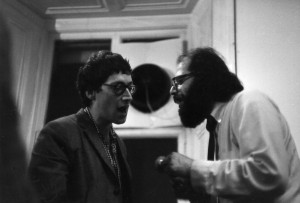
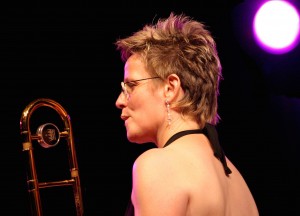
Recent Comments